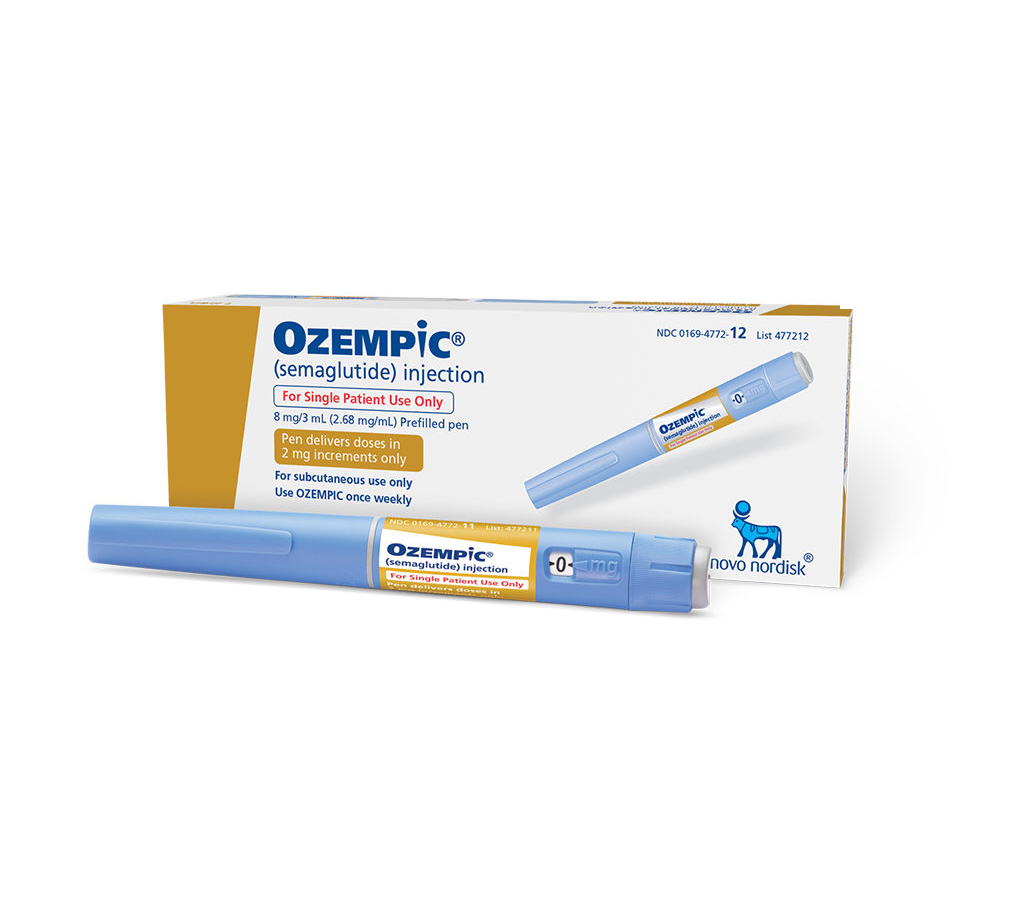The MHRA Launches Investigation into GLP-1 Agonist Antidiabetic Drugs for Weight Loss
The troubles continue to mount for GLP-1 agonist antidiabetic drugs that are used for weight loss. Following in the footsteps of the European Medicine Agency (EMA), the Medicines and Healthcare products Regulatory Agency (MHRA) in the UK has now initiated its own investigation into the risk of suicidal thoughts and self-harm behavior associated with these medications.
The investigation was prompted by dossiers compiled on two of the most commonly used drugs in this category, semaglutide and liraglutide, known by their brand names Ozempic and Saxenda. According to exclusive reports from Reuters, five cases linked to semaglutide and 12 cases linked to liraglutide were reported on July 6th. While the existence of these reports on pharmacovigilance sites doesn’t confirm that these drugs actually cause suicidal thoughts, it is still essential to evaluate and exclude the possibility of such risks.
The MHRA has decided to extend its investigation to include other antidiabetic drugs with similar mechanisms of action. The agency will evaluate AstraZeneca’s exenatide, Sanofi’s lixisenatide, and Eli Lilly’s dulaglutide. These medications are primarily used for diabetes treatment but are also commonly used for weight loss, despite not being approved for that purpose.
The British government has shown great concern over this situation. According to the British Medical Journal, the Department of Health and Social Care for England, together with the MHRA, has instructed doctors to stop prescribing these drugs for weight loss purposes. This decision comes as a blow to diabetics in England, as many rely on these therapies to save their lives. However, supplies have been erratic, and the main manufacturer of these drugs, Danish company Novo Nordisk, has faced setbacks due to failed inspections by the US Food and Drug Administration (FDA).
According to Reuters, the FDA inspections in 2021 and 2022 found irregularities related to the risk of biological contamination at Novo Nordisk’s Catalent plant in Brussels, which serves a significant portion of the European and US markets. The irregularities were related to air filtration systems and control protocols, posing a serious risk to patient safety. Although no critical issues emerged, the situation remains partially critical. The company attributes the problems to the increased production demands, leading to less control over processes. Since December 2022, there have been disruptions in the continuous supply chain, with some types of formulations seeing a 50% reduction in production in May.
Novo Nordisk assures that it is actively resolving the issues to ensure the quality and safety of their products. Meanwhile, diabetics in England face difficulties accessing these vital medications during this uncertain period.
